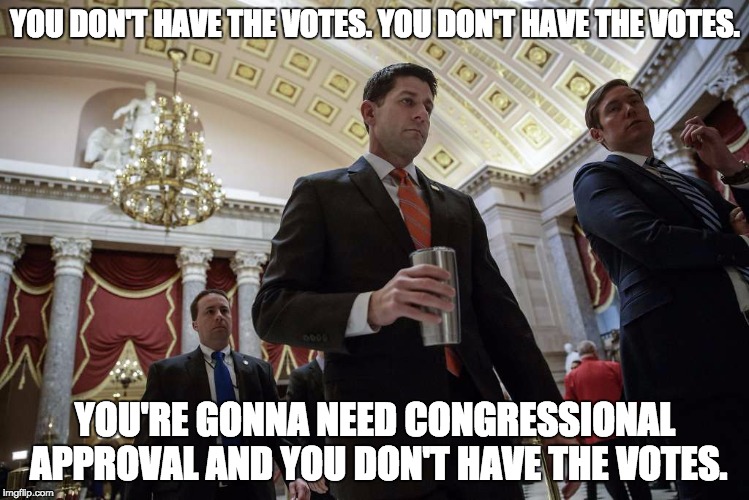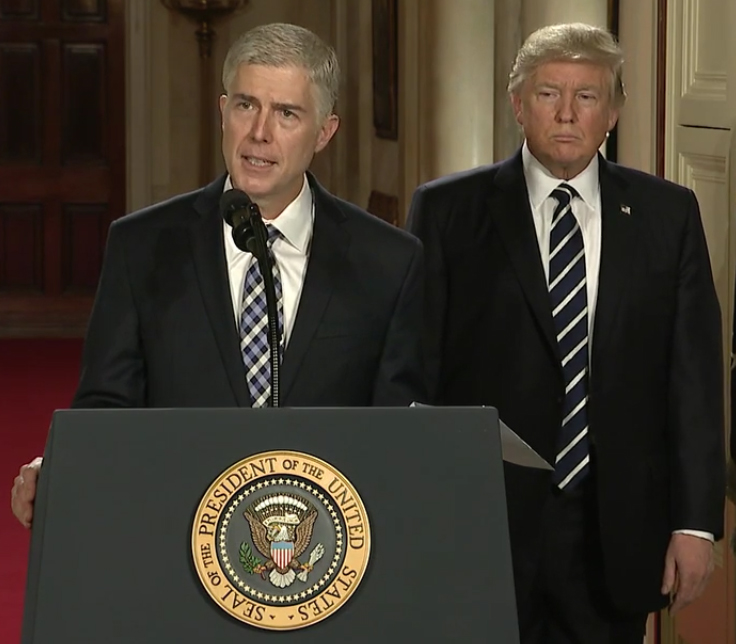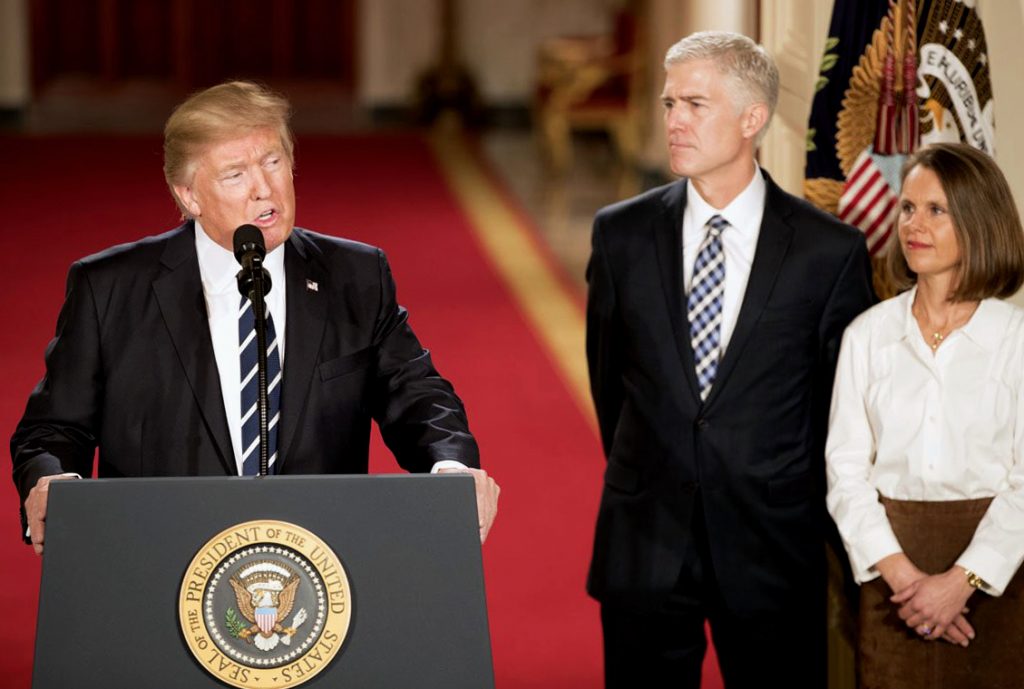There’s a piece I’ve been meaning to write for months about the end of Pax Americana. This is not the post, but it is a prelude.
Traveling in Turkey last week, American Secretary of State Rex Tillerson said that “longer-term status of President [Bashar] Assad will be decided by the Syrian people.” This may not sound shocking, but it’s a thinly-veiled euphemism (similar to ones employed by long-time Assad ally Vladimir Putin) for a shift in American policy away from overthrowing the Assad regime and towards allowing Assad to finish suppressing the Syrian rebels and retain power.
Within a few days of that, Assad’s forces apparently launched a chemical weapon attack that killed at least 69 civilians, including women and children. It’s not hard to draw a line from the first event to the second. Although Obama infamously and catastrophically failed to back up his “red line” threat, global disapproval is the key feature that has kept the Assad regime from repeating the chemical weapons attacks of 2013. In signalling the shift in American policy, Tillerson effectively handed the Assad regime a blank check. They cashed it.
What’s fascinating to me is the reaction by American isolationists to this fairly mundane and predictable series of events. If the implacable foe of a murderous, WMD-deploying dictator suddenly decides that they’re placcable after all, it shouldn’t shock us when that murderous, WMD-deploying dictator uses his suddenly longer leash to go out and use those WMDs to murder his enemies. That is what murderous, WMD-deploying dictators do. And so this is what American non-intervention looks like.
But the isolationists–led by Ron Paul–can’t face that reality because they have been telling Americans for literally decades that the real source of all the violence in the Middle East is American meddling. If only America would back off, they say, the level of violence would diminish. In order to preserve that narrative, we suddenly get outlandish conspiracy theories about how the attack was a false flag operation at the behest of American neocons. Yes, according to Ron Paul (and a lot of his followers), it is more plausible that John McCain, the CIA, and Syrian rebels are in a conspiracy to frame Assad for using chemical weapons than that Assad himself used chemical weapons.
This is not the post where I present my full case for continued American participation on the global stage. That will come soon, I hope. This is the post where I remind everyone that extremism is almost always a symptom of absolutism. Absolutism is a natural reaction to a tragic world in which tradeoffs, ambiguity, and complexity are unavoidable. Humans hate all of these things at a visceral level. We would much rather live in a simple, black-and-white world with easy answers to all of our toughest problems.
When I was a little kid, I was viscerally upset about the Chinese crackdown of the Tiananmen Square protests. I fantasized about the US sending F-15s to blow up the bad guys and save the student protesters. Real life doesn’t work that way, and it seems that some of the loudest voices calling for us to “do something” in Syria never learned that lesson. As though it was self-evident that anything we did would have a net-positive impact. That’s one kind of extremism. The other is the kind that says if the US just packs up and goes home, vicious dictators won’t take advantage of that power vacuum to drop chemical weapons on unarmed families. As though it was self-evident that anything we did would have a net-negative impact.
So let me be clear: this isn’t an argument for more or for less intervention in Syria. I don’t know the best strategy for us to take there. This is simply an argument against oversimplification and the vilification that inevitably follows. Why does oversimplification lead to vilification? Because if the world is simple and the answers are easy, then you have to come up with an explanation for why all our problems still exist. The only plausible answer is that there are really bad people who just want everyone to suffer and somehow they are in control. That is why belief in a fundamentally simplistic world leads directly to belief in astonishingly ornate conspiracy theories and cartoonish supervillains. It’s just the cost of sustaining the illusion that the world is orderly, predictable, and comprehensible.
No matter what we do in Syria, there will be costs, they will be high, and they will be borne by the most vulnerable. I hope we can try to debate with a little more good faith and sobriety what–if anything–we can do as a nation. It might not seem like the emotionally appropriate response to tragedy, but it’s the only responsible one.













